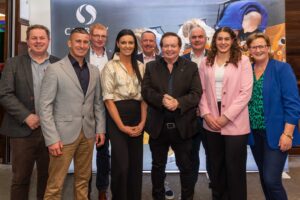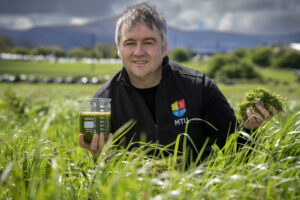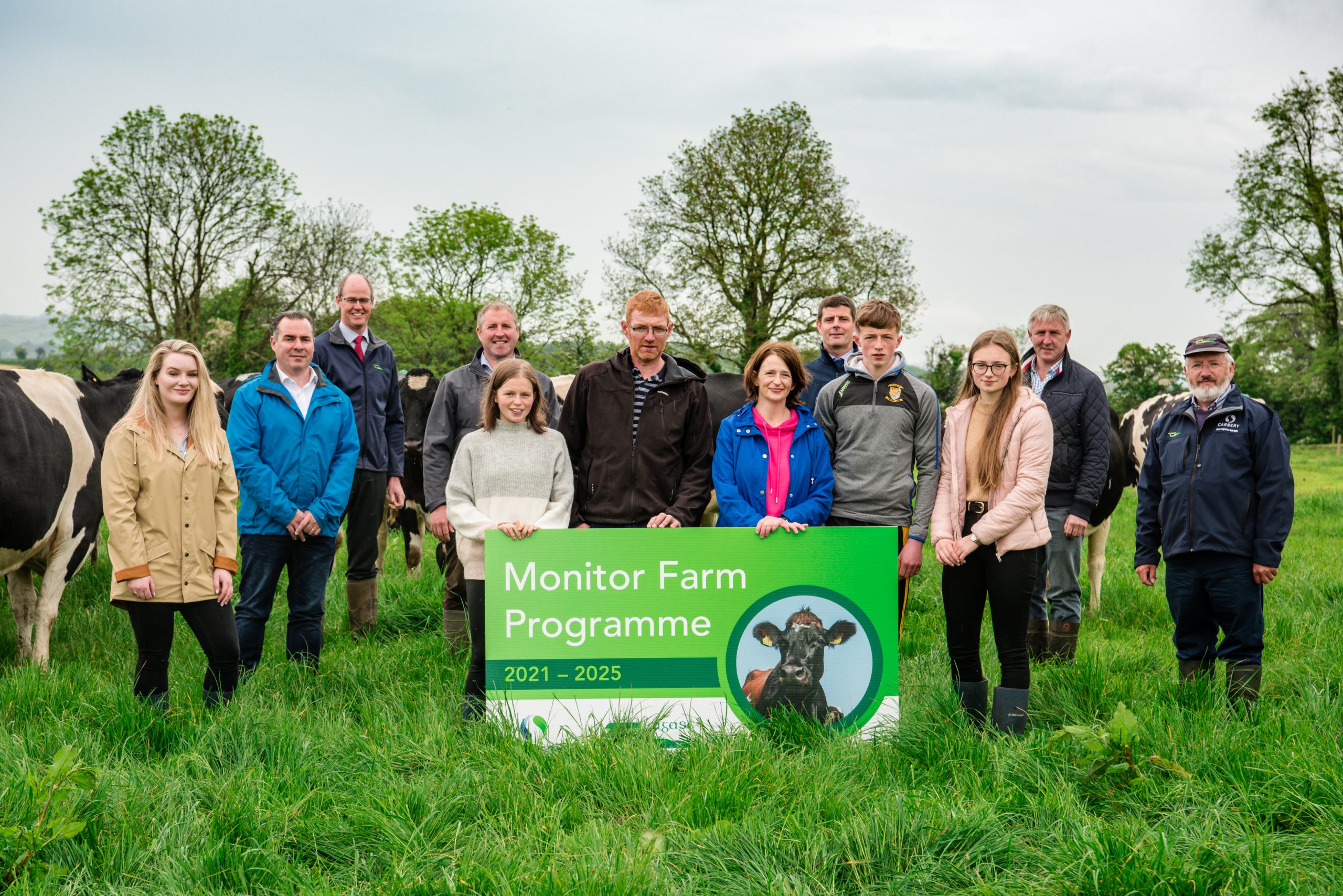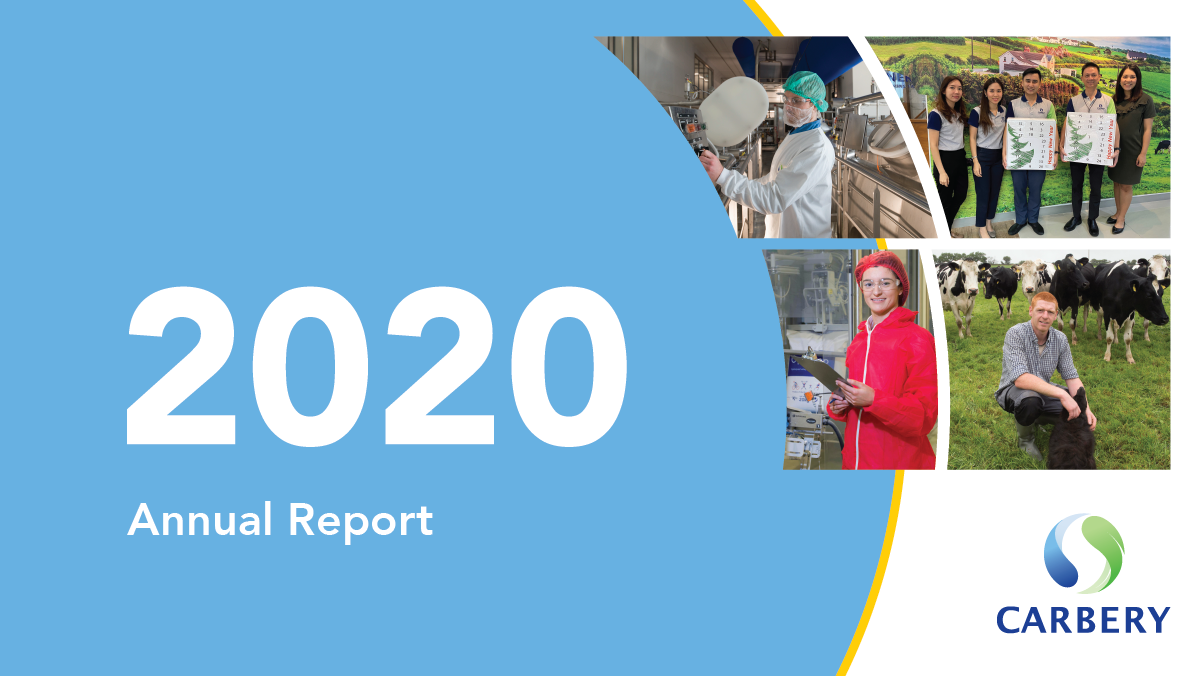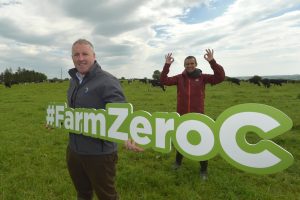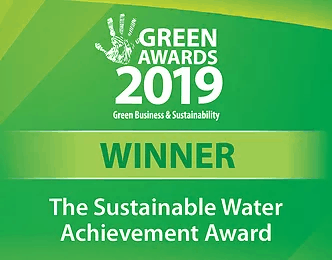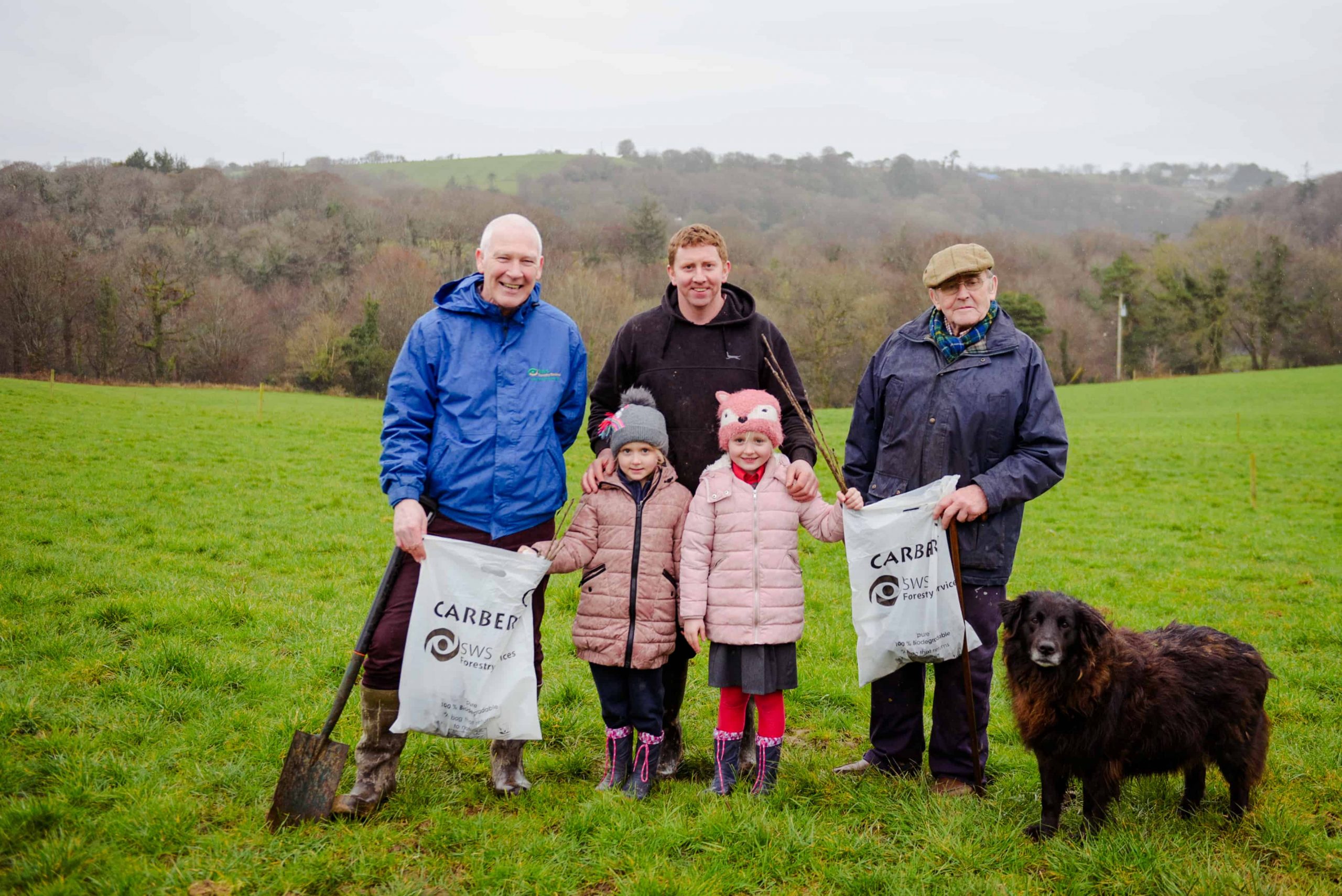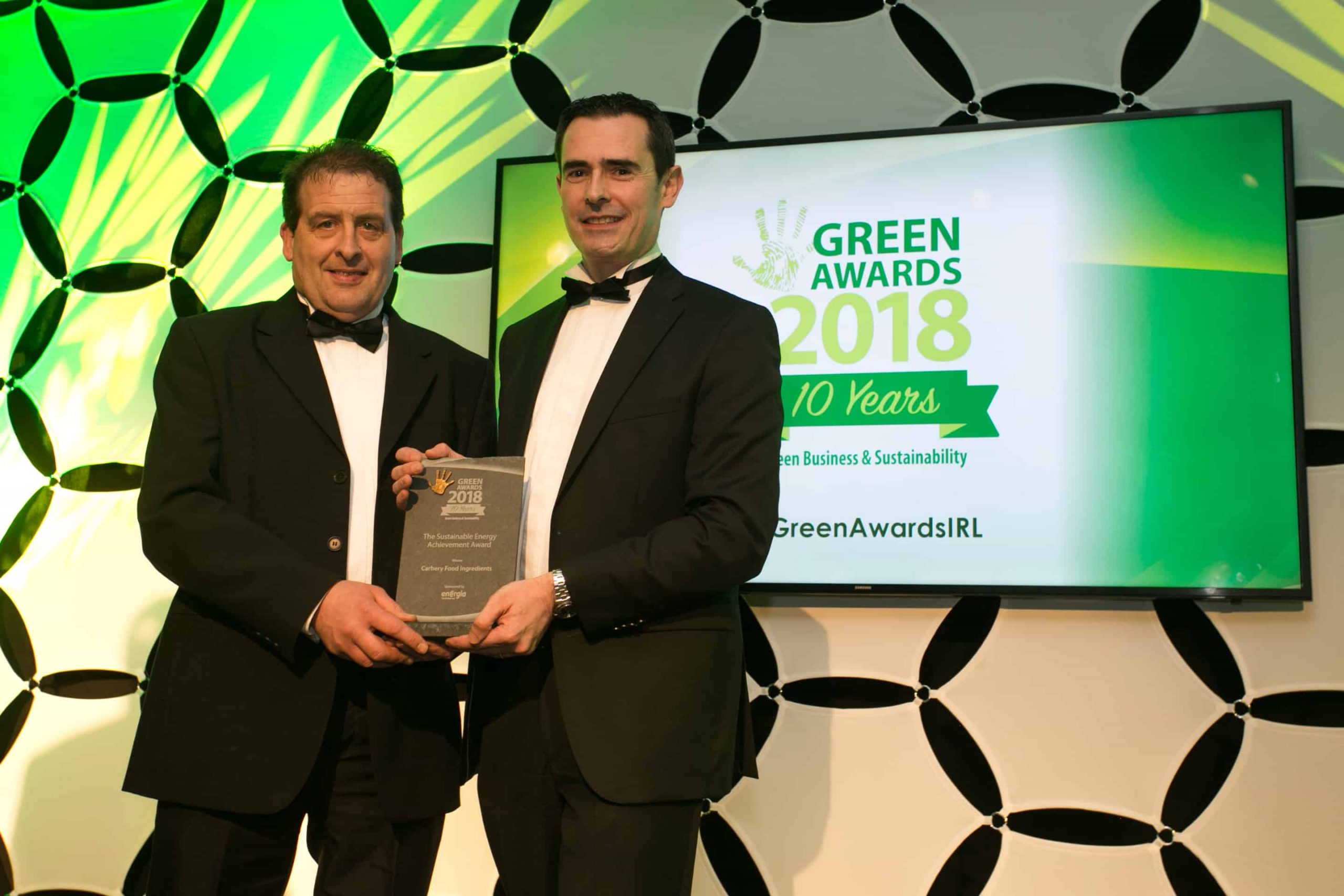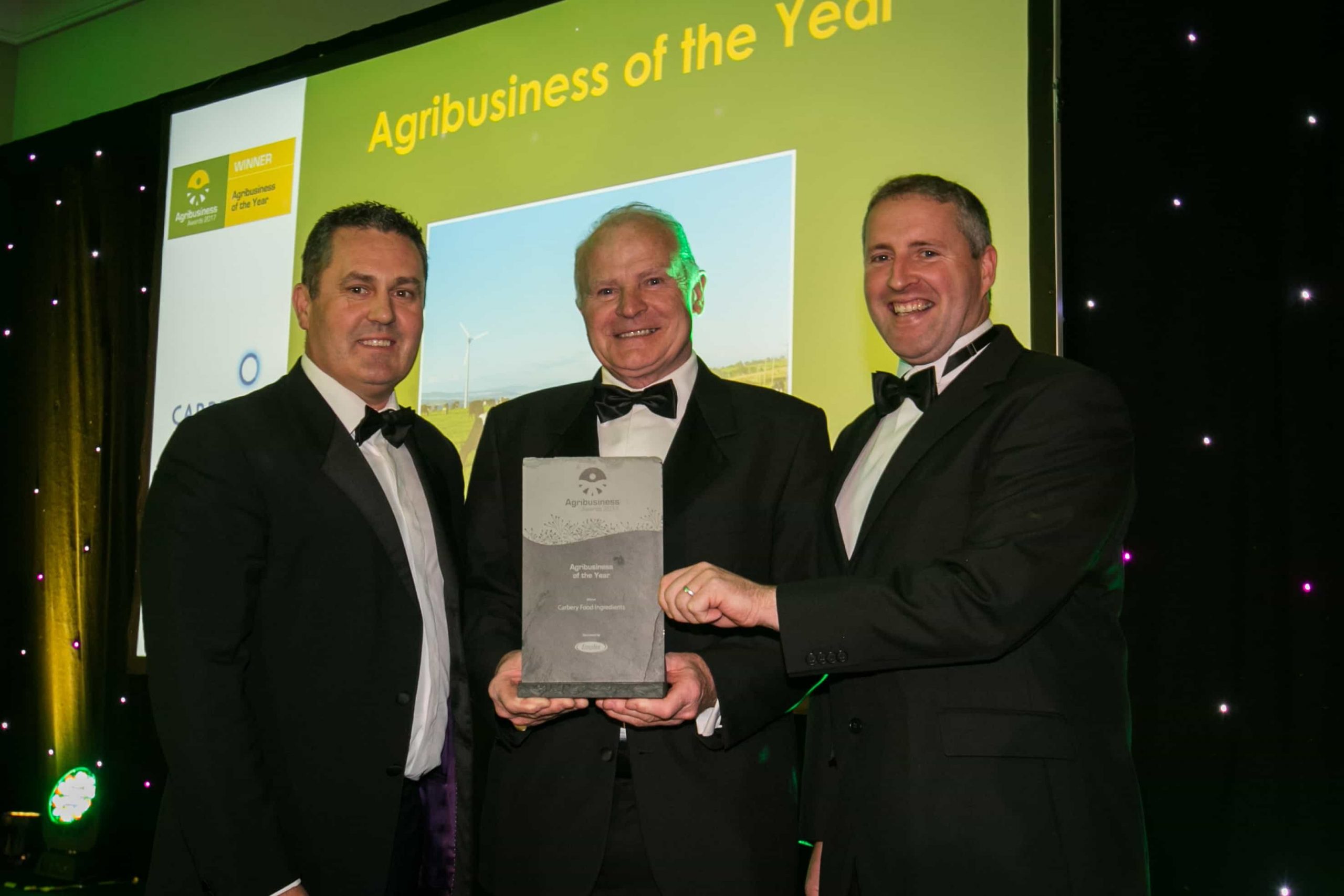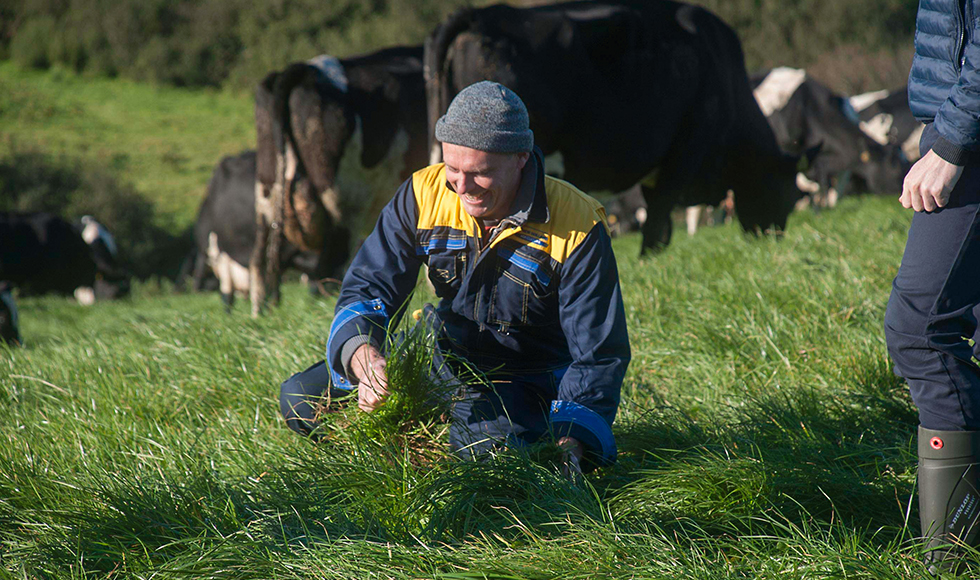
Our Environment
We have a moral duty to conserve and enhance our local environment.
Our Environment
We are dependent on the natural world to run our businesses – whether that’s a stable supply of water or the energy to power our facilities – and our philosophy is to gain maximum value while causing minimal impact.
Our key environmental impacts are energy, water and waste. We closely manage our use of energy and the resultant greenhouse gas (GHG) emissions; we monitor our water use and effluent discharges; and we aim to minimise the creation of waste.
Through our Environmental Management System (EMS) and membership of Origin Green, we review our environmental impacts annually and are always striving to do better.
Decarbonising our Energy
We aim to be carbon neutral by 2035 across all of our sites through decarbonising our existing energy sources.
Climate change is a real and pressing issue. We are active supporters of the UN Sustainable Development Goals and the Paris Agreement, which aims to limit global warming to less than 2°C on pre-industrial levels. It will take collective action to make this possible, and we are keen to play our part.
Through our sustainability strategy, we are already making a material contribution:
In Ballineen, Ireland and the Synergy UK facility at High Wycombe, we procure 100% renewable electricity through a green tariff.
In 2020 we installed an 11 kW solar PV system on the roof of our R&D building in Ballineen.
Our Ballineen facility is our most significant emitter, generating 92% of all our carbon emissions, so it’s the main focus of our decarbonization efforts. Between 2017 and 2019, we reduced the carbon footprint of Ballineen by one fifth and we’re striving to do much more over the next decade:
We have invested in combined heat and power technology (CHP) to provide both the steam and electricity needed to operate the plant. CHP is highly efficient, with around 85% of the energy in the fuel extracted and put to use, compared with 40% in standard power stations.
The CHP plant is fuelled with natural gas which has half the emissions factor of grid electricity in Ireland. Around 4.6% of the gas we consume is renewable, having been produced in our own waste-to-gas anaerobic digester.
Conserving Water
Water is essential to our business. We measure every drop to make sure it is used efficiently and appropriately. Through our “every drop counts” programme, we have reduced our water abstraction by 25%, equivalent to 1.4 million litres per day.
At all our manufacturing facilities around the world, conserving water is a priority. Each plant maps water usage and has plans in place to recover water where possible.
Since 2016, we have used reverse osmosis (RO) to recover and recycle the water in the whey permeate and various condensate streams at our Ballineen site, reducing water abstraction.
In 2020, our facility at Hamilton Ohio developed an RO water reclamation project, which reduces cycle time, enabling the production team to be more efficient. This saves 4.3 million litres of water a year in addition to reductions in energy, natural gas, and waste.
We are a considerable water user, but we also return significant volumes to the environment – more, in fact, than we draw out. This is because we remove the water from milk when we turn it into cheese or whey products.
Waste Management

Our ambition is to be a zero-waste company across all our global sites. To achieve this, we are focused on improving the segregation of waste streams and increased recycling, composting and anaerobic digestion.
Waste recovery is intrinsic to our business model. At our Ballineen site, we aim to make the most of every drop of milk and are continually fine-tuning our processes to extract as much value from every pint as possible.
Across the Group, the majority of our wastes are recycled or reused as organic fertiliser or compost rather than sent to landfill.
We are always looking for opportunities to embrace the circular economy by finding uses for the co-products generated at our sites.
Bio-composting in Ohio, USA
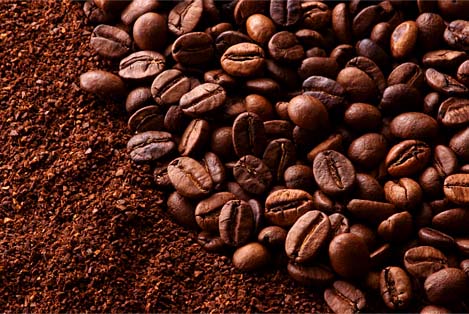
Coffee is a key ingredient in our Synergy Flavors site in Hamilton, Ohio. We generate around 20 tonnes of solid waste daily which is taken to a compost farm to biodegrade. After six months, the nitrogen rich material can be added to soil as a completely natural organic fertiliser. In 2020, we more than doubled the amount of organic fertiliser produced from waste coffee beans at our Hamilton facility in Ohio, USA.
Combined with the nutrient rich organic fertiliser produced at Ballineen, we generated almost 20,000 tonnes of organic fertiliser last year, providing farmers with a natural alternative to synthetic fertilisers, and offsetting significant carbon emissions as a consequence.
The Circular Economy at Carbery Ballineen
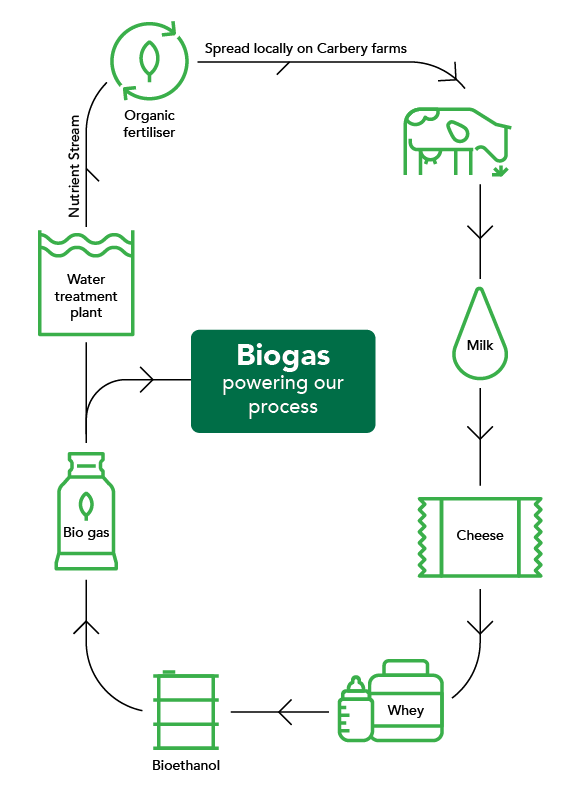


Bioethanol
For over 40 years, we have used whey permeate – a biodegradable waste produced when abstracting proteins from whey – to generate bioethanol. Today we produce around 12 million litres of bioethanol every year. Most of our bioethanol is used as a biofuel, which is internationally certified to be 86% less carbon intensive than standard petrol. This green fuel equates to a reduction of over 16,000 tonnes of carbon dioxide a year..
Bio Gas
A co-product of creating bioethanol is stillage waste.
In 1982, we installed the first commercial Anaerobic Digestion (AD) system to generate biomethane from this waste stream.
This carbon neutral fuel is used in our CHP boilers to generate steam, delivering 9% of the Ballineen site’s steam requirements..
Organic Fertiliser
The final coproduct resulting from our processing is a nutrient-rich fertilizer, which is certified by the Irish Organic Association.
We generate over 15,000 tonnes of organic fertilizer, which is used by farmers throughout West Cork as an ideal bio-stimulant for grass and crops.


